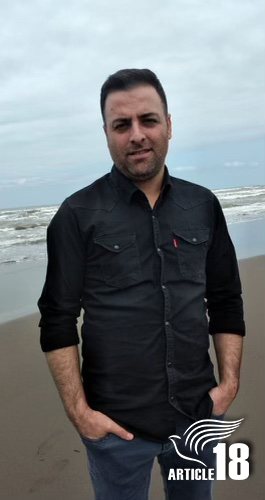
An Iranian convert who has spent more than three years in Tehran’s Evin Prison for leading a house-church was told yesterday he has been denied parole for a second time – despite never applying for it.
Zaman (Saheb) Fadaie, who is 40 years old, has been in prison since July 2018, serving what was initially a 10-year sentence, later reduced to six years.
But despite missing his family terribly – including not being present at any of his 15-year-old daughter Martha’s last four birthdays – Saheb has consistently refused to apply for conditional release, saying he cannot accept the condition of no further involvement with a house-church.
It came as a surprise, therefore, when in July this year Saheb was told by the prison authorities to sign a form acknowledging that his request for conditional release had been rejected.
“I never applied for it,” he responded. “You sign it!”
Two months later, on 1 September, following the release of some disturbing video footage from inside Evin, Saheb and his fellow prisoners received a visit from Tehran’s chief prosecutor, who remarked on the high number of Christian prisoners of conscience (13), including several, like Saheb, who met the conditions for parole.
The prosecutor proceeded to write down four suggested actions on Saheb’s file: “reduction of sentence, suspension of sentence, release with electronic tag, or conditional release”.
Two days later, Saheb was given 15 days’ leave from prison, and began to hope he may at least be permitted to serve the remainder of his sentence at home with his family in Rasht, northern Iran.
As the end of his leave approached, he travelled back to Tehran (about a four-hour drive) to request an extension of his leave, hoping he may yet be able to attend one his daughter’s birthdays – she turned 15 on 4 October.
Saheb was told his request would be granted, so he made the long journey back to Rasht.
The next day, he received a telephone call telling him to return to Evin to resume his sentence.
“They were just playing games with me,” Saheb reflected, noting how he had told the official in charge not to tell him his request would be granted unless it really would.
Deflated, Saheb returned to prison on 18 September.
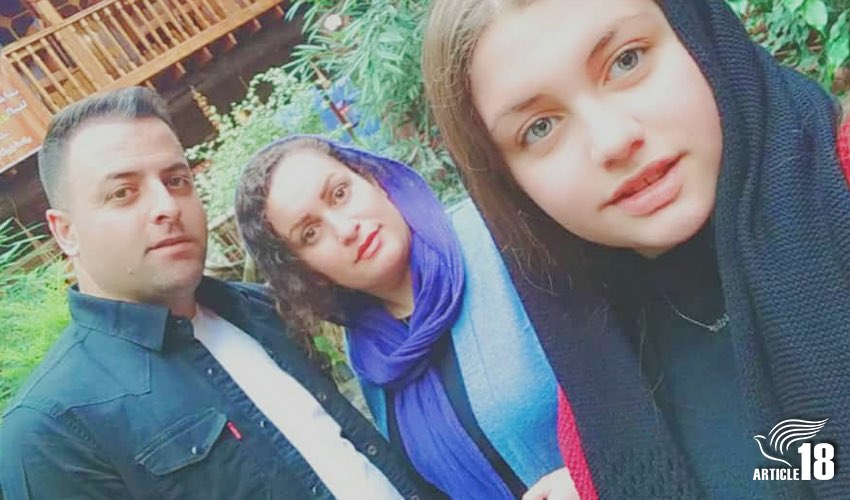
When he asked for an update on the recommendations the chief prosecutor had made, Saheb discovered that the prison authorities had yet to follow-up any of the recommendations.
Until yesterday, that is, when Saheb learned that a request had at last been sent – albeit not the one Saheb would have wanted – but that once again the prison authorities’ own request for his conditional release had been denied.
And by whom?
By the very same prosecutor who had written “conditional release” as one of the potential action points in Saheb’s case.
And so the cycle of hopes-raised, hopes-dashed continues, with no end in sight.
Article18’s advocacy director, Mansour Borji, commented: “The only conclusion one can draw from all of this is that the orders from the prosecutor – one of the highest officials within the judiciary – were nothing but a PR exercise following the scandalous videos of mistreatment of prisoners, and a form of damage control.
“One can only imagine the toll this kind of treatment – raising hopes only to crush it again – has on the mental health of prisoners and their families.
“Such behaviour is reported repeatedly, and it seems that it is intentionally used against prisoners of conscience.”
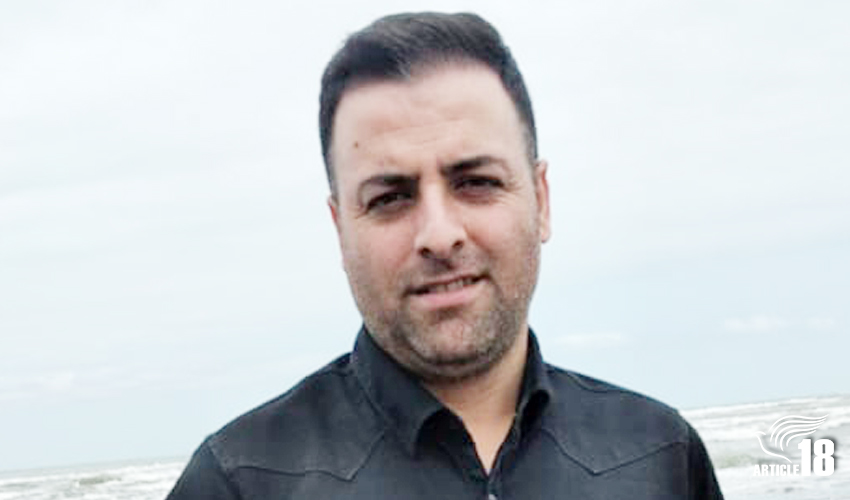

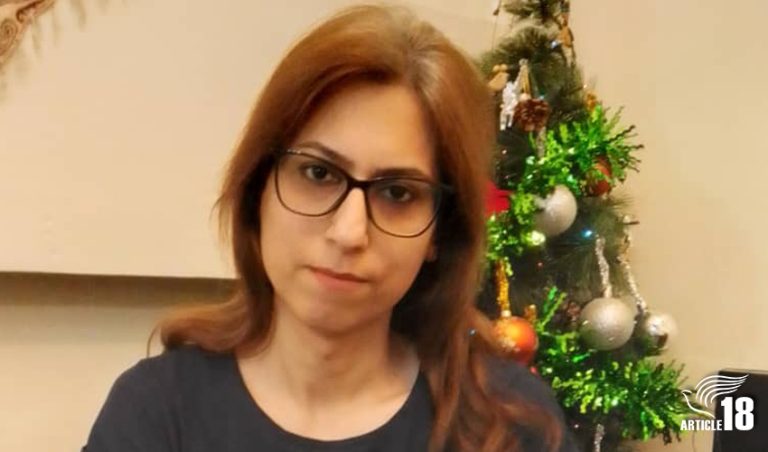
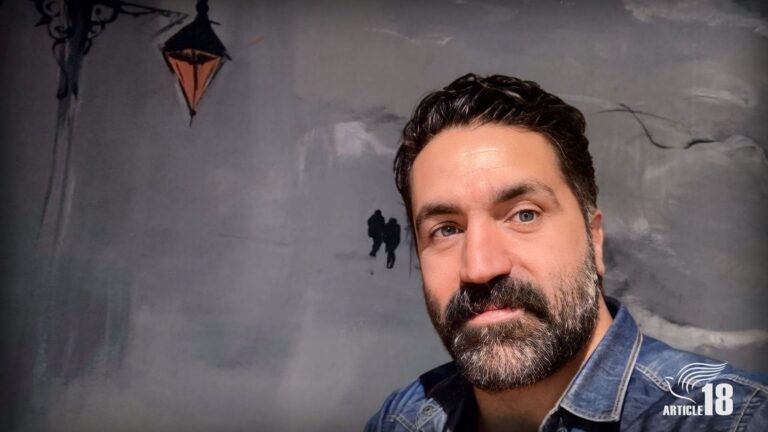
0 Comments
Trackbacks/Pingbacks